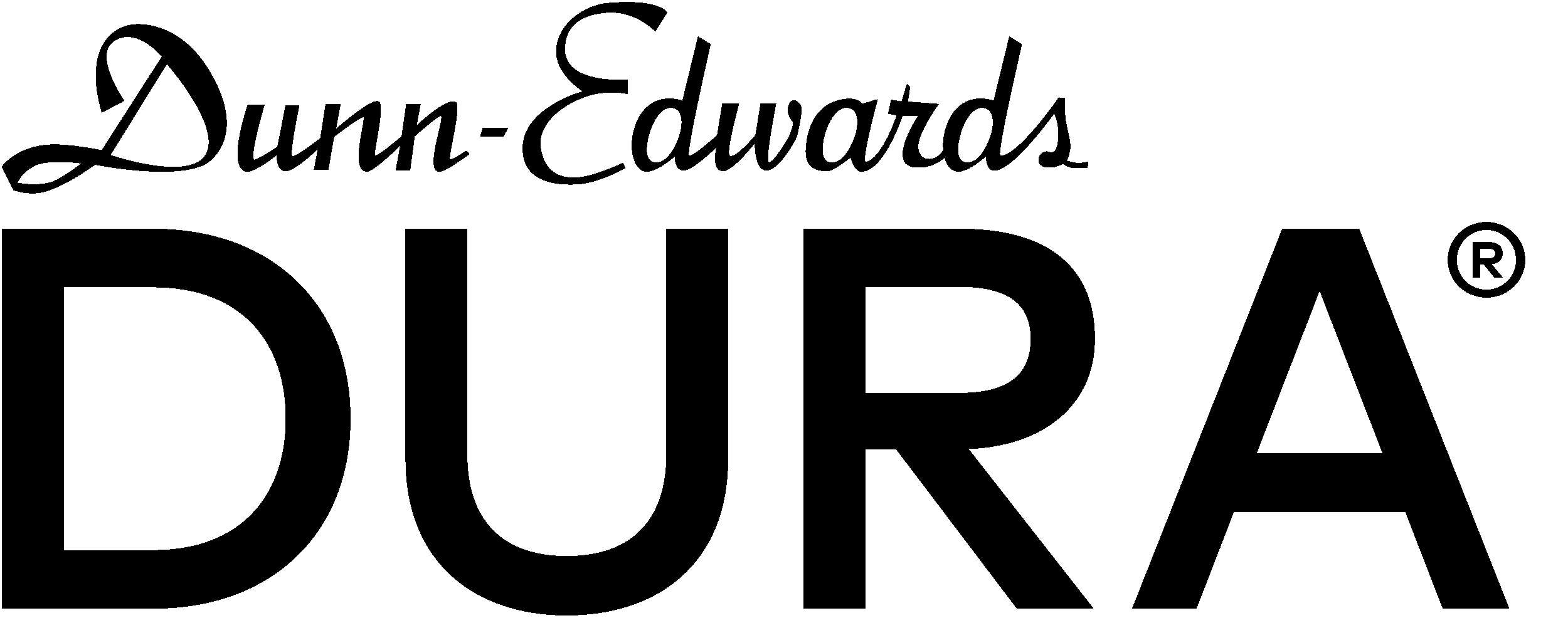Planning Tips for 2018
12/12/2017 | Dunn Edwards |

While many of us are focused on getting ready for the holidays, it’s important to remember that it’s also time to start planning for the new year — especially if you are a property manager. This, of course, means reviewing your community’s tax situation, insurance, personnel, new projects and even equipment purchases.
There’s no getting around the inevitable tax season but — with early preparation and action — you can help reduce your community owner’s tax liability. While getting taxes in order can be a challenge, it’s a good idea to use a checklist to make your job easier. If you’re managing a community, there are several steps to follow. Consider some of the following tips to ensure you get the correct information to the right people at the right time:
Send owners a year-end statement that includes the following information:
- Property tax receipts (paid)
- Mortgage 1099-INT statement for paid mortgages
- A general ledger report
- A 12-month consolidated operating statement
- In addition, make sure all owners also have each of the year’s 12 monthly owner statements
Collect and organize detailed information on repairs and improvements made to the property in 2017:
- Repairs — Repairs are immediately deductible from the owner’s taxes.
- Improvements — Improvements must be capitalized and then depreciated over time.
In order to ensure your owner’s year-end taxes are as low as possible, it’s important that you review and understand your state’s tax laws. State laws vary considerably so, if you’re not an expert in your state’s requirements, it’s advisable to work with a tax professional.
Also, making the time to stay organized throughout the year is vital. Dumping receipts into a shoebox isn’t the wisest strategy; therefore, organization is key. Document everything and keep all your records in one place, prepared and ready to go at tax time. It’s also smart to think about using cloud software to spare yourself the agony of informing the owners that the hardcopy records have been damaged.
Some other end-of-year tasks that will help you start 2018 on the right foot include the following:
- Complete your tax forms like 1099s, W-2s, etc. in a timely manner
- File and organize invoices and payments so you know exactly where they are, if needed
- Review insurance, personnel forms, policy manuals, making sure they still fit you and your community’s needs
- Plan for projects for the next year. Creating a comprehensive plan for what improvements are needed will help you make your case when approaching owners about funding
- Make a calendar so you stay on track
- Assign tasks to your staff, get feedback on your plan, making sure everyone is on the same page
- Review your plan monthly with your team, holding everyone accountable for their role in moving the plan forward
- Do you need to purchase equipment or repair anything or repaint before the New Year? Getting it done before Dec. 31 can help decrease tax liability
While these lists may feel a bit overwhelming during the holidays, taking care these tasks will help ensure that 2018 will start smoothly. We at Dunn-Edwards wish you the happiest of holidays and a bright and prosperous 2018!















